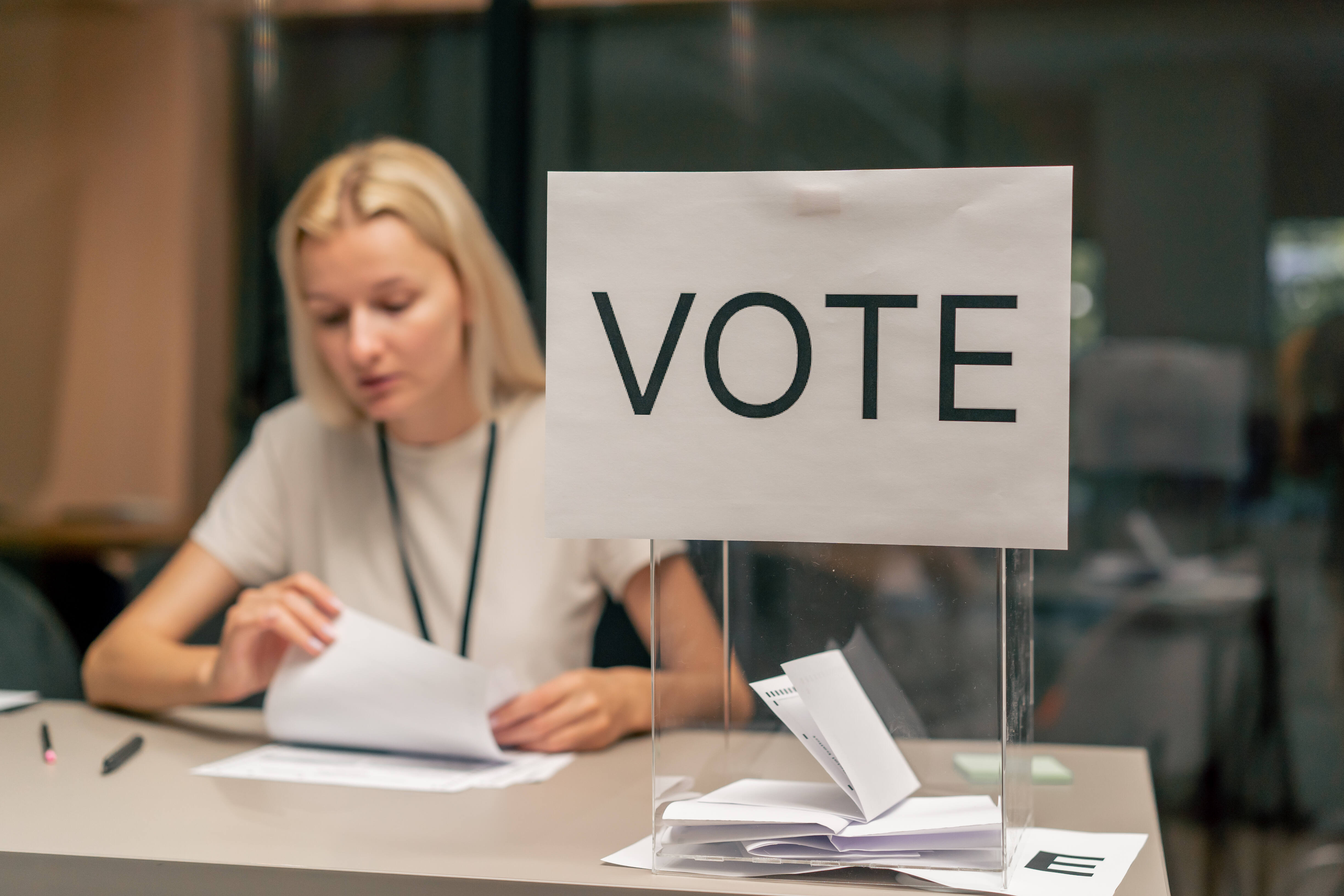PR Visa Granted: Tips and Resources for Bringing Your Personal Items to Australia
After being granted a visa to Australia especially if it is for permanent residency, one of the things that migrants think about is whether they will bring any of their personal belongings that did not or cannot fit in with their allowable airline baggage allowance. Can they take their personal belongings with them when they go to Australia? What they can bring with them? How can they bring their personal effects to Australia? Should they ship their possessions or buy everything in Australia?
Bringing your personal and household effects to Australia can be tricky and may be expensive. There are many requirements and documents to be provided.
Australia has strict laws on biosecurity and quarantine especially those relating to food, plant and animal material. You should also note that there are restrictions on what you can bring into Australia and that permits and fees are required for certain items. The items you shipped may also be subject to inspection.
Unaccompanied Personal Effects (UPEs)
If you are shipping your household and other personal items to Australia and these items arrive separately to you, these items are referred to as Unaccompanied Personal Effects (UPEs).
UPEs can include the following:
- clothing and footwear
- personal hygiene and grooming items
- furniture
- appliances
- sporting equipment, and
- books[i]
Non-motorised caravans, boats and aircraft can also be considered as UPEs but subject to certain conditions.
Note that items like wood and other timber items may need to be treated before they can be ship to Australia.
What can you not bring to Australia?
The following are the items you cannot bring into Australia as personal effects[ii]:
- fresh fruit and vegetables
- live plants, bulbs, tubers, corms, and cuttings
- prohibited and restricted seeds
- unidentified seeds (including spices)
- khapra beetle high-risk plant products
- live animals (including pets) that require an import permit
- biological products including some plant based, herbal medications
- unprocessed goods of plant or animal origin
- soiled goods, or goods containing organic residues
- goods knowingly infested with pests or a disease.
If you are not sure if an item can be brought to Australia you can use the Biosecurity Import Conditions system (BICON)[iii]. The BICON system will let you know whether the item you are planning to bring to Australia:
- Is permitted
- Is subject to import conditions
- requires supporting documentation
- requires treatment
- needs an import permit
UPE concession
If you are eligible, you may be able to avail of a UPE concession and your UPEs will be cleared customs control without requiring you to pay:
- customs duty
- goods and services tax (GST), or
- other taxes and charges.
To be eligible for the UPE concession you must:
- be a passenger or crew member of a ship or aircraft
- have arrived from a place outside Australia, and
- depending on the nature of the goods, meet permanent residency requirements
and the goods must be:
- your personal property
- suitable and intended for use by you in Australia
- personally owned and used overseas by you for the specified length of time before your departure for Australia. For example, non-motorised caravans and trailers, and certain boats must be owned and used by you for at least 12 months before your travel to Australia.
You will meet the permanent residency requirements if you:
- are an Australian citizen
- hold a permanent visa
- hold a special category visa.
Note that there are certain items that are not eligible for the UPE Concession. These include motor vehicles, alcoholic beverages, tobacco, etc.
UPE clearing
Your UPEs would need to be cleared. You need to provide a completed Unaccompanied Personal Effects Statement (B534 Form). This can be lodged in person (you will be required to under an Evidence of Identity check) or by electronic lodgment through the Integrated Cargo System (ICS).
Fees may be payable and there may be additional charges if the goods shipped needs treatment.
You can hire a reputable customs broker and/or freight forwarding company to help you with this process.
Tips when packing your personal effects:
When preparing your goods for shipping ensure that they are thoroughly cleaned and there are no traces of dirt or any foreign matter. For example, you need to scrub and wash to your shoes, sporting equipment, camping equipment, etc. Vacuum the carpets, rugs and mats. Make sure the items being shipped are thoroughly cleaned and dry.
The Australian Department of Agriculture, Fisheries and Forestry has the following advice when packing your personal belongings for shipping to Australia:
- Make a packing list - Have a clear and complete record of everything you are shipping. Label all the boxes and record what is in each box. You also need a description of the items in the box, for example, wooden bed frame, plastic chairs, etc.
Australian authorities would be require this list.
- Label and number your boxes.
- It is advisable not to use second hand boxes especially if the box had been previously use to carry plant or animal product.
- Pack items in groups. Items that potentially pose a biosecurity risk is best packed together to facilitate inspection by the biosecurity officer.
- Safely pack your items. For example, wrap sharp objects like knives to prevent injury and do not back flammable items like fireworks or aerosols.
Sources:
[i] Australian Border Force website, Unaccompanied Personal Effects, https://www.abf.gov.au/entering-and-leaving-australia/moving-to-australia/upe
[ii] Australian Department of Agriculture, Fisheries and Forestry- Moving to Australia or importing personal effects/household goods : https://www.agriculture.gov.au/biosecurity-trade/travelling/moving-immigrating
[iii] Biosecurity Import Conditions system (BICON) https://www.agriculture.gov.au/biosecurity-trade/import/online-services/bicon






